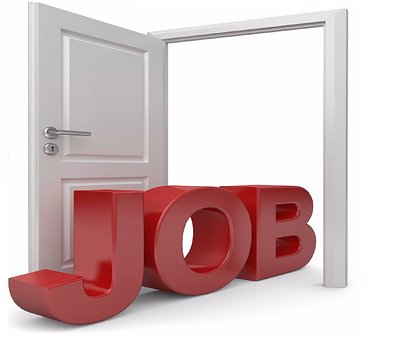 Be Prepared. It’s a tired old cliché in many cases but it works for more than just the Boy Scouts.
Be Prepared. It’s a tired old cliché in many cases but it works for more than just the Boy Scouts.
Presumably, when you applied for the job, you actually wanted it. That means taking steps to anticipate and prepare for the questions that you may be asked is the best way to make sure that you have a good answer.
Interviewers from top companies in the world stated that the key to making an impression on them was to be ready for the interview in every way.
They said that they could always tell when a candidate had prepared themselves mentally for any eventuality. Those were invariably—according to them—the people who stood out and stood the best chance of a second interview.
When candidates research and anticipate the most likely questions they will be asked and then research the answers to those questions they are well prepared to handle the interview gracefully.
Preparing for the interview in such a way as to have concise, positive and very persuasive responses to the interview questions is the best way to ensure that you stand out from the crowd.
Most of the questions that you’ll be asked in any interview, from executive to manufacturing are going to be geared toward finding out more about the candidate. Companies want to know who you are, what motivates you and why you should be hired.
Nearly every interviewer in the world is going to be focused on 3 points. Can this person do the job well? Will this person do the job well? Does this person fit into our company culture and with our other employees?
To that end, some of the questions that you can anticipate are going to be tough questions designed to give your interviewer the answer to those three points.
The first interview there are are going to be tough questions asked –mainly about your skills and about you and you need to be very at ease with those subjects in a way that many candidates are not.
Really sit down and ask yourself hard questions about the job and why you think it’s a good fit for you. Err on the side of caution if you must but ask yourself what skills will serve you best in this job, what you bring to the table and what will make you the best fit. Why should the job go to you?
What makes you a good fit? Know your skills intimately. Most of us know what we can do and we tend to be more critical than we are aware of our going points. To come out on top of an executive interview you’re going to need to be both.
Don’t just state that specific skill but be prepared to give examples of it from work or home or a volunteer job. The best responses that you can give include when you had to use a given skill. An example might be ” I can think on my feet” and then give an example of when that was necessary and how the situation played out so that the interviewer can see where your ability benefited you or your job.
Critique your own performance if you must but be sure that you allow yourself credit where it’s due. Answer the questions that you are asked truthfully and fully, giving them insights into what does make you the person who till take their company to new heights.
What are the most commonly asked questions at executive interviews? If you’re going for an executive job in the medical field, research the most commonly asked questions about that arena and then prepare your responses so that you know what they will be long before the questions are asked.


I enjoy the report
Thank you for the great post
Thanks for the wonderful guide
I like the article